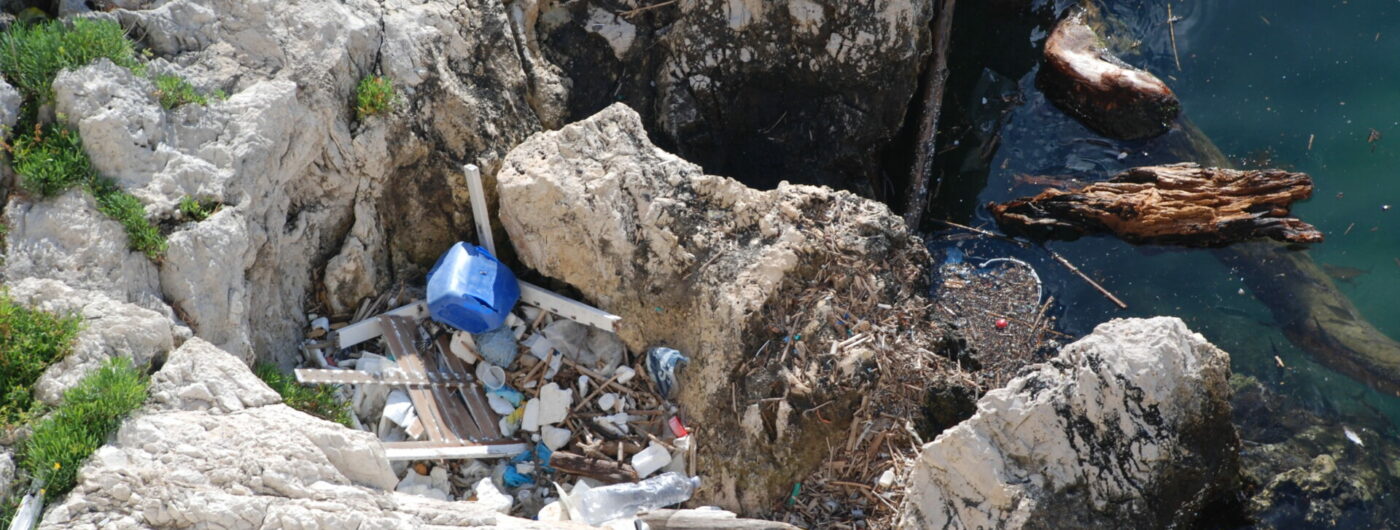
International Day for Biological Diversity: UfM warns that the Mediterranean region is a biodiversity hotspot under threat
- The Mediterranean basin is a recognised biodiversity hotspot, with outstanding flora diversity of 15,000 to 25,000 species, according to a ICUN report. 60% of flora and around one third of fauna in the Mediterranean is endemic, or unique to the region.
- By 2100, the drop in pH could reach 0.462 and 0.457 units for the western and eastern basins of the Mediterranean, respectively. This acidification has very serious consequences on marine biodiversity, affecting many elements of the living chain.
- The Union for the Mediterranean (UfM) set up the 2030 Greener Med Agenda as a collaborative basis for joint solutions to protect ecosystems and biodiversity while accelerating the transition towards a green, circular and inclusive economy in the region.
20 May 2021. The Mediterranean is one of the richest areas of biodiversity in the world, and home to thousands of species of flora and fauna. Protecting and restoring it is key to the UfM’s mission, and International Day for Biological Diversity 2021 provides a fitting opportunity to raise awareness and understanding of the importance of Mediterranean biodiversity.
This year’s theme is: “We are part of the solution.” The IBPES Global Assessment on Biodiversity and Ecosystem Services found that human activities are responsible for 75% of ecosystem destruction, which in turn impacts climate change, economic activity, food and water security, and even human health. It has been shown that mismanaging biodiversity and ecosystems increases the risk of infectious diseases passing from wildlife to humans, thereby increasing the risk of further pandemics.
Aware of these acute risks in the Euro-Mediterranean region, the UfM 2030 Greener Med Agenda sets out a collaborative basis for joint solutions to accelerate the transition towards a green, circular and inclusive economy, with biodiversity at the centre. It defines as one of its three key priorities the need to protect, preserve, manage and restore natural resources in the Mediterranean, and is set to be approved by Member States at the upcoming Ministerial later this year.
Isidro González, Deputy Secretary General for Water, Environment and Blue Economy commented: “Current trajectories will not meet goals for conservation and sustainability. We call for transformative changes across economic, social, political and technological systems as we rebuild from the pandemic in the Euro-Mediterranean region. At the UfM we believe that we are all part of the solution, and that only by working together can we achieve real impact on biodiversity protection and restoration.”
As part of its work to foster cooperation around biodiversity protection and restoration, last March the UfM supported the launch of the innovative partnership “Mediterranean Consortium to protect Biodiversity”, bringing together the skills, experience, know-how and scientific knowledge of six key regional UfM partners: MedWet (the Mediterranean Wetlands Initiative of Ramsar), MedPan (Mediterranean Protected Areas Network), PIM (Mediterranean Small Islands Initiative), Tour du Valat (TdV), AIFM (International Association for Mediterranean Forests) and IUCN-Med (IUCN Centre for Mediterranean Cooperation). The Consortium will develop a regional vision with a common goal and promote the integration of sustainable development with concrete conservation actions and initiatives.
The UfM supports several projects to safeguard biodiversity. Two examples:
- ‘Plastic Busters MPAs’ tackles marine litter in the Mediterranean, with the overall goal of maintaining biodiversity and preserving natural ecosystems in pelagic and coastal marine protected areas (MPAs). The project is led by the University of Siena, Italy.
- ‘Scaling up forest and landscape restoration’ aims to restore biodiversity and promote joint mitigation and adaptation approaches through regional platforms, technical assistance and pilot activities applying appropriate forest and landscape restoration. The project is implemented by the Food and Agriculture Organization (FAO).
These initiatives were born from Euro-Mediterranean Ministerial Declarations on the Blue Economy. The latest UfM Sustainable Blue Economy Ministerial of February 2021, to which all 42 Member States have committed, laid the foundation for a Mediterranean roadmap to bring national climate action to the regional level, and further to the international level at the next UN Biodiversity Convention in October 2021. The Blue Economy Agenda brings together the economic potential of the Mediterranean Sea with the need to integrate environmental sustainability into the way we harness these opportunities. In addition, Member States reaffirmed their commitment to the regional marine litter management plan and to achieving the collection and recycling of 100% of plastic waste.
More information

